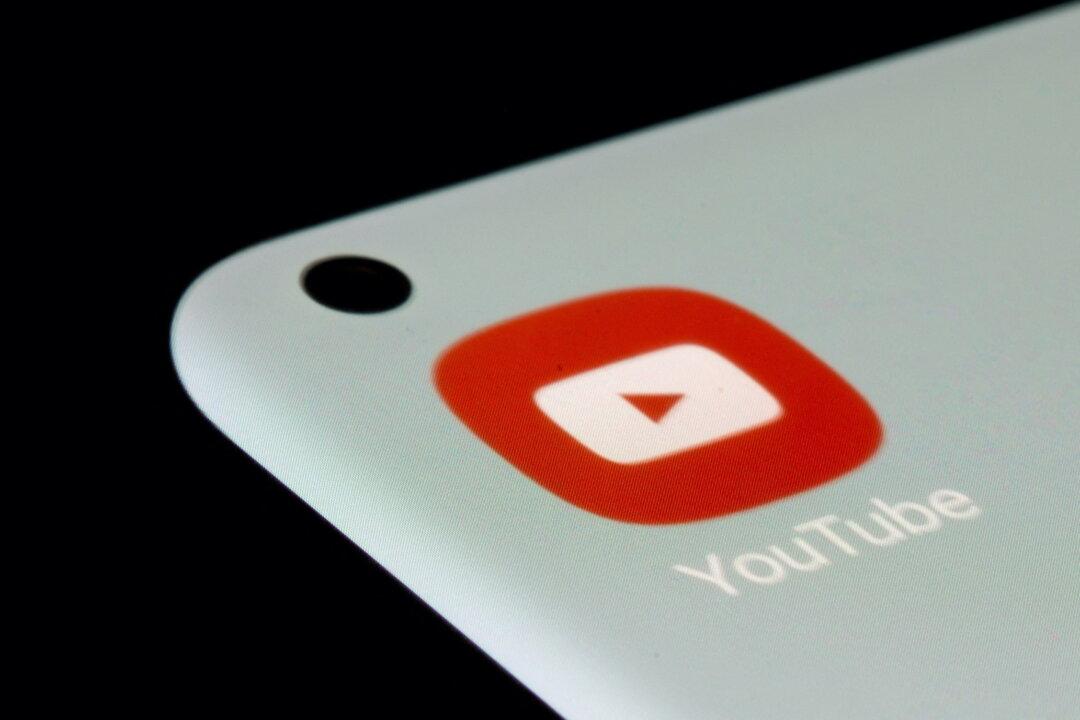The UK government has written to YouTube asking it to remove “doctored” clips of a hoax call about the war in Ukraine featuring Defence Secretary Ben Wallace.
British Ministry of Defence (MoD) on March 23 published a letter it wrote to YouTube the day before, insisting the platform remove or block access to two videos published on March 21 and 22 that it said are “Russian disinformation” and pose “a substantial risk” to the UK’s national security, its defence commitments to NATO and other international partners, and the “international unity working to support Ukraine against Russia’s illegal invasion.”





